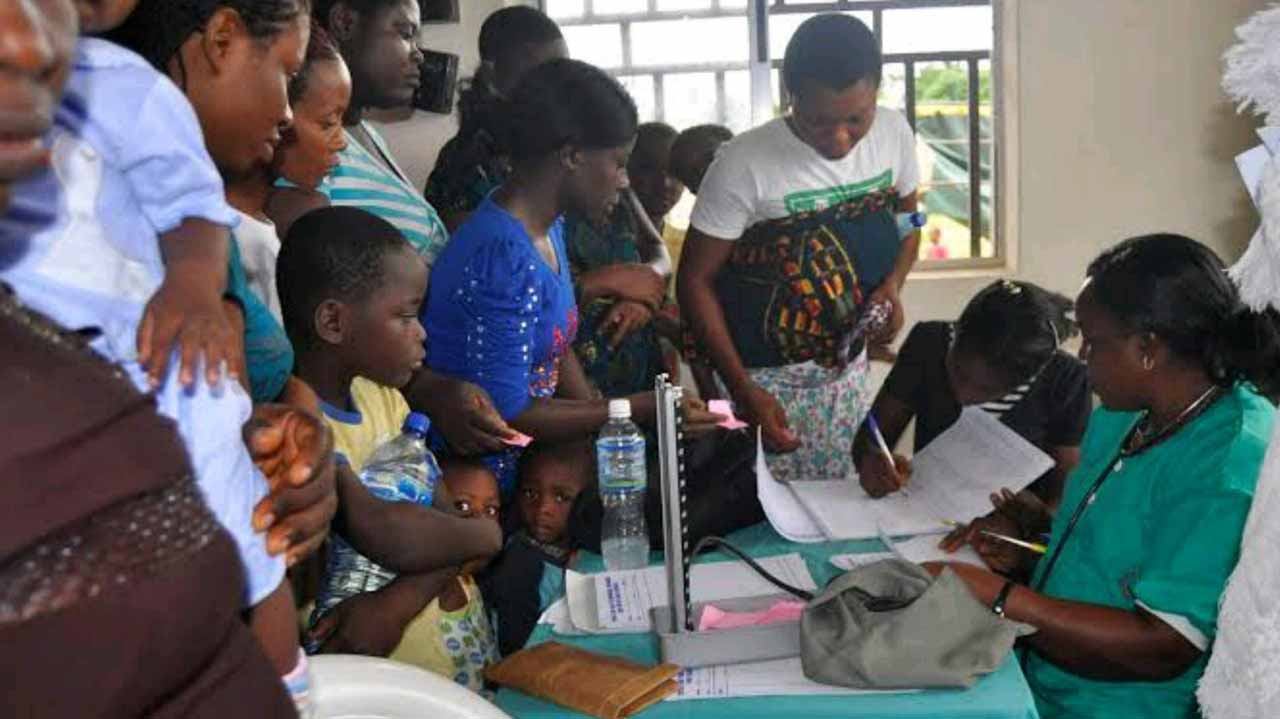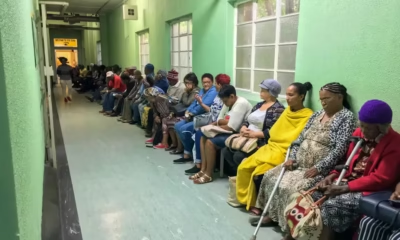News
Health Insurance: ‘This Is How Much Progress We Have Made, Nigerians’

The policy of health insurance for all Nigerians is a major programme of the current administration, going by reiterations of President Bola Tinubu.
This commitment was demonstrated last month when the president directed the Secretary to the Government of the Federation (SGF) to issue a service-wide circular to all Ministries, Extra-Ministerial Departments, and Agencies (MDAs) on the implementation of mandatory health insurance in line with the National Health Insurance Act, 2022.
He even called for further, closer and constructive engagement with the Private Sector on the Act to ensure that businesses are not unduly constrained.
On the basis of this and in line with the ongoing health sector reforms the Coordinating Minister of Health and Social Welfare, Professor Muhammad Ali Pate, has given some updates.
The following highlights captures the minister’s update concerning health insurance coverage for Nigerians:
i. over 2.4 million new enrollees were recorded in 2024,
ii. total number of Nigerians covered currently now 20 million.
The development reflects the administration’s commitment to achieving Universal Health Coverage (UHC) and ensuring that every Nigerian has access to quality healthcare services
READ ALSO: Why Every Nigerian Must Now Enrol With A Health Management Organisation (HMO)
- “Out-of-pocket payments remain the dominant source of health care expenditure for most of our people, translating into higher costs and lower standards of accountability for providers”
- the Federal Ministry of Health and Social Welfare has aligned its performance targets with national priorities under the Ministerial Performance Monitoring Bond,
- achieving universal health insurance coverage by 2030 remains one of the priorities.
- Nearly 120,000 health workers have been trained since 2023, and 2,500 doctors, nurses, midwives, and
- community health extension workers have been recruited to strengthen frontline services,” he revealed.
- “Over the past 16 months, 4,000 health personnel have also been added in Federal Tertiary Hospitals to close workforce gaps.”
- We have doubled capitation fee for enrollees to N1,450 to ensure providers are properly equipped to deliver consistent, high-quality care,” he said, adding that fee-for-service rates have also been increased by 380%, based on actuarial evidence.
“Under the leadership of Mr. President, all macroeconomic reform and cross-sectoral policy direction are driven by one objective: ensuring that every Nigerian can actualise their aspirations while accessing affordable, quality care,” he said.
Pate emphasised that reforms across primary, secondary, and tertiary health facilities are improving both service quality and accountability, with record-breaking enrollment figures now aligning with increased investments in human resources and infrastructure.



























